The Problem of Animal Generation in Early Modern Philosophy
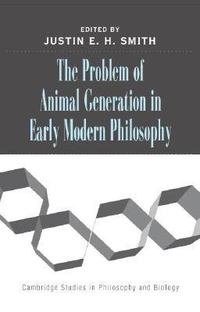
Summary
This book examines the early modern science of generation, which included the study of animal conception, heredity, and fetal development. Analyzing how it influenced the contemporary treatment of traditional philosophical questions, it also demonstrates how philosophical presuppositions about mechanism, substance, and cause informed the interpretations offered by those conducting empirical research on animal reproduction. Composed of cutting-edge essays written by an international team of leading scholars, the book offers a fresh perspective on some of the basic problems in early modern philosophy.
Similar Books
-
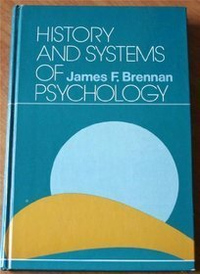 History and systems of psychology
History and systems of psychologyby James F. Brennan
-
 History and Systems of Psychology
History and Systems of Psychologyby James F. Brennan
-
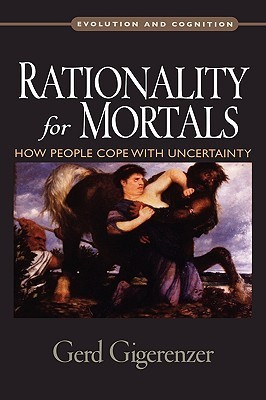 Rationality for Mortals: How People Cope with Uncertainty
Rationality for Mortals: How People Cope with Uncertaintyby Gerd Gigerenzer
-
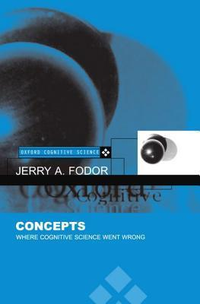 Concepts: Where Cognitive Science Went Wrong
Concepts: Where Cognitive Science Went Wrongby Jerry A. Fodor
-
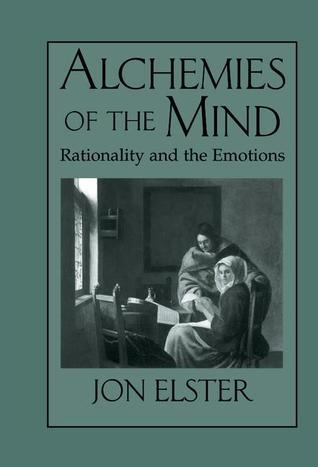 Alchemies of the Mind: Rationality and the Emotions
Alchemies of the Mind: Rationality and the Emotionsby Jon Elster
-
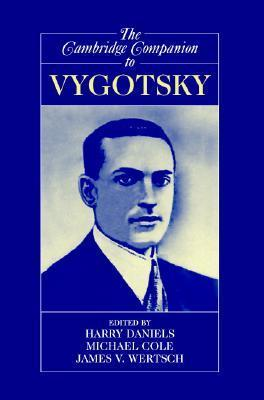 The Cambridge Companion to Vygotsky
The Cambridge Companion to Vygotskyby Harry Daniels
-
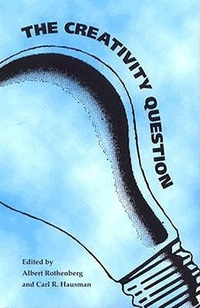 The Creativity Question
The Creativity Questionby Albert Rothenberg
-
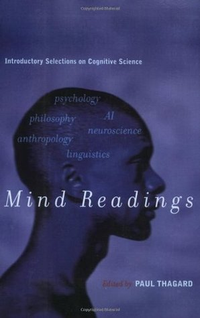 Mind Readings: Introductory Selections on Cognitive Science
Mind Readings: Introductory Selections on Cognitive Scienceby Paul Thagard
-
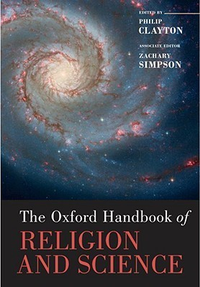 The Oxford Handbook of Religion and Science
The Oxford Handbook of Religion and Scienceby Philip Clayton
-
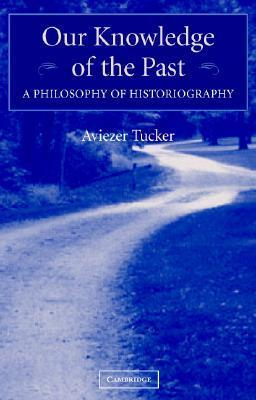 Our Knowledge of the Past: A Philosophy of Historiography
Our Knowledge of the Past: A Philosophy of Historiographyby Aviezer Tucker
-
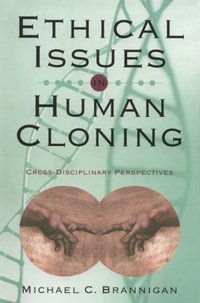 Ethical Issues in Human Cloning: Cross-Disciplinary Perspectives
Ethical Issues in Human Cloning: Cross-Disciplinary Perspectivesby Michael C. Brannigan
-
 Biology and Epistemology
Biology and Epistemologyby Richard Creath
-
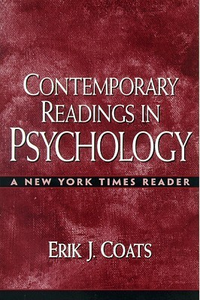 Contemporary Readings in Psychology: A New York Times Reader
Contemporary Readings in Psychology: A New York Times Readerby Erik J. Coats
-
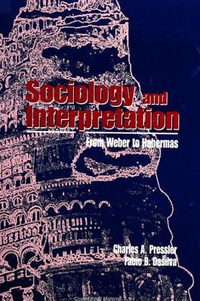 Sociology and Interpretation: From Weber to Habermas
Sociology and Interpretation: From Weber to Habermasby Charles A. Pressler
-
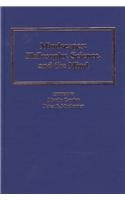 Mindscapes: Philosophy, Science, and the Mind
Mindscapes: Philosophy, Science, and the Mindby Martin Carrier
-
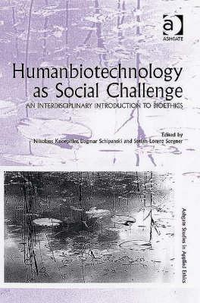 Humanbiotechnology as Social Challenge: An Interdisciplinary Introduction to Bioethics
Humanbiotechnology as Social Challenge: An Interdisciplinary Introduction to Bioethicsby Nikolaus Knoepffler
-
 Verstehen and Humane Understanding
Verstehen and Humane Understandingby Anthony O'Hear